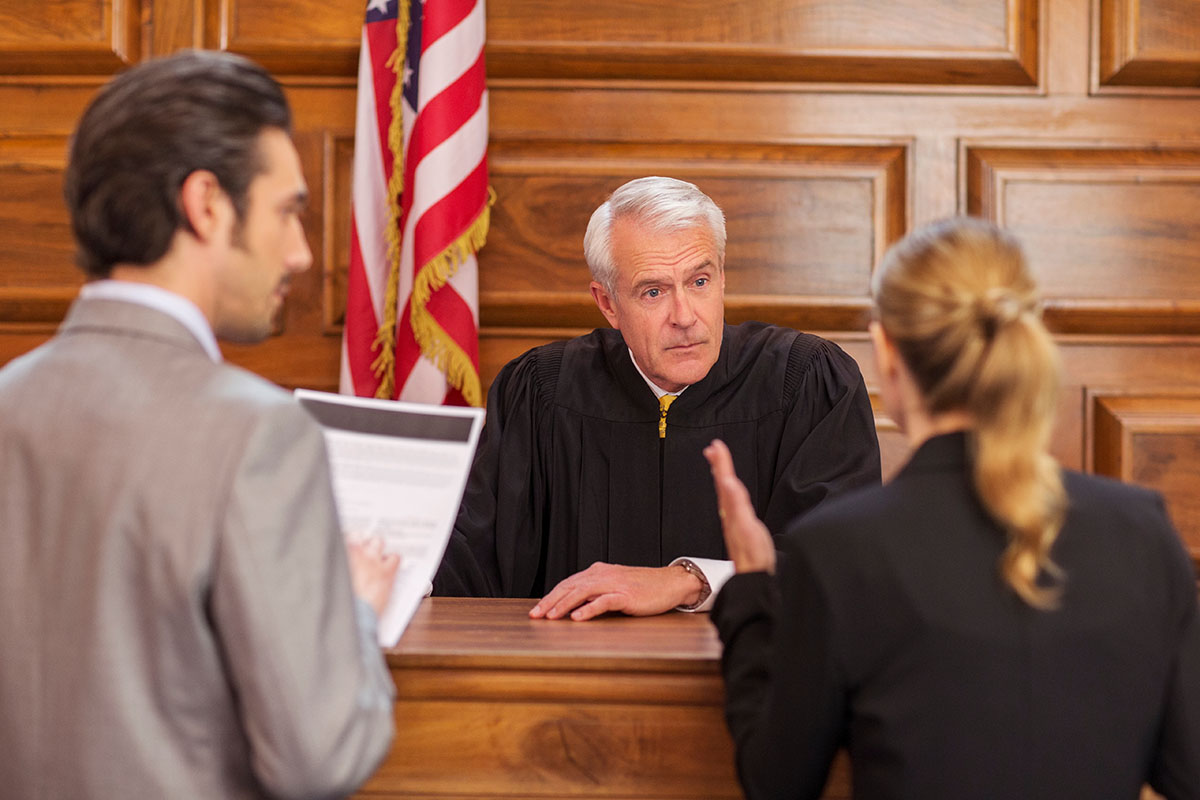What is Firefighting Foam?
Firefighting foam, also known as Aqueous Film-Forming Foam (AFFF), is a substance used to extinguish flammable liquid fires. It is commonly used by firefighters and in industrial settings. The foam works by creating a barrier between the fuel and the fire, effectively smothering the flames.
Health and Environmental Impacts
The use of firefighting foam has raised significant health and environmental concerns. The foam contains per- and polyfluoroalkyl substances (PFAS), which are known to be persistent in the environment and can accumulate in the human body over time. Exposure to PFAS has been linked to various health issues, including:
- Cancer
- Liver damage
- Thyroid disease
- Immune system disorders
Legal Grounds for Lawsuits
Individuals and communities affected by firefighting foam exposure have legal grounds to file lawsuits. These lawsuits typically focus on:
- Product Liability: Holding manufacturers accountable for producing and distributing harmful products.
- Negligence: Proving that responsible parties failed to take necessary precautions to prevent harm.
- Environmental Damage: Seeking compensation for the contamination of natural resources, such as water supplies.
Understanding these aspects is crucial for anyone considering legal action related to firefighting foam exposure.
Qualities to Look for in a Lawyer
Experience in Similar Cases
When choosing a lawyer for your firefighting foam lawsuit, it’s crucial to find someone with experience in similar cases. This ensures they understand the complexities and nuances involved. Look for a lawyer who has:
- Handled cases involving toxic substances
- Successfully represented clients in environmental lawsuits
- A track record of winning settlements or verdicts in similar cases
Reputation and Reviews
A lawyer’s reputation can provide insight into their reliability and effectiveness. Research their background and read client reviews. Consider:
- Online reviews and testimonials
- Peer reviews from other legal professionals
- Any awards or recognitions in the field of environmental law
Communication Skills
Effective communication is key in any legal case. Your lawyer should be able to explain complex legal terms in a way that is easy to understand. They should also be responsive and keep you updated on your case. Look for a lawyer who:
- Clearly explains the legal process and your options
- Is responsive to your questions and concerns
- Keeps you informed about the progress of your case
Questions to Ask During Your Initial Consultation
Case Assessment
During the initial consultation, it is crucial to understand how the lawyer plans to assess your case. Ask about their approach to evaluating the merits of your claim and what specific factors they will consider. This will give you insight into their [expertise] and whether they have a thorough understanding of firefighting foam lawsuits.
Fee Structure
Understanding the fee structure is essential before proceeding with any legal representation. Inquire about their billing methods, whether they work on a contingency fee basis, and any additional costs you might incur. This will help you budget for the legal process and avoid any unexpected financial surprises.
Expected Timeline
Ask the lawyer about the expected timeline for your case. This includes the duration of the investigation, filing the lawsuit, and the potential time frame for reaching a resolution. Knowing the timeline will help you set realistic expectations and plan accordingly for the legal journey ahead.
The Importance of a Specialized Lawyer
Knowledge of Firefighting Foam Regulations
A specialized lawyer possesses in-depth knowledge of firefighting foam regulations, which is crucial for building a strong case. They understand the complexities of the laws and can navigate the legal landscape effectively.
Expertise in Toxic Tort Law
Expertise in toxic tort law is essential for handling firefighting foam lawsuits. A specialized lawyer will have the necessary experience to address the unique challenges these cases present, such as proving causation and demonstrating the extent of harm caused by exposure.
Access to Expert Witnesses
Having access to expert witnesses can significantly strengthen a case. Specialized lawyers often have established relationships with experts in fields such as environmental science, toxicology, and medicine, who can provide critical testimony to support the claims.
How to Find a Qualified Lawyer
Researching Law Firms
Finding a qualified lawyer for your firefighting foam lawsuit begins with thorough research. Look for law firms that specialize in environmental law or toxic tort cases. Online reviews and client testimonials can provide valuable insights into a firm’s reputation and success rate. Additionally, check if the firm has handled cases similar to yours.
Seeking Recommendations
Personal recommendations can be incredibly useful. Ask friends, family, or colleagues if they know any reputable lawyers who specialize in firefighting foam lawsuits. Professional networks and legal associations can also be excellent resources for finding qualified lawyers.
Utilizing Legal Directories
Legal directories are another valuable tool in your search. Websites like Avvo, Martindale-Hubbell, and the American Bar Association’s directory can help you find lawyers with the right expertise. These directories often include ratings, reviews, and detailed profiles of lawyers, making it easier to compare your options.
Evaluating Potential Lawyers
Initial Impressions
When evaluating potential lawyers for your firefighting foam lawsuit, initial impressions matter. Consider how the lawyer presents themselves during your first meeting. Are they punctual, professional, and attentive? These qualities can be indicative of their overall work ethic and dedication to your case.
Track Record of Success
A lawyer’s track record of success in similar cases is crucial. Look for attorneys who have a history of winning firefighting foam lawsuits or other toxic tort cases. This can provide confidence in their ability to handle your case effectively. Ask for specific examples of past successes and settlements.
Client Testimonials
Client testimonials offer valuable insights into a lawyer’s performance and client satisfaction. Look for reviews and testimonials on the lawyer’s website, legal directories, and third-party review sites. Positive feedback from previous clients can be a strong indicator of the lawyer’s competence and reliability.
Preparing for Your Legal Journey
Gathering Evidence
Before embarking on your legal journey, it is crucial to gather all relevant evidence. This includes medical records, employment history, and any documentation related to the use of firefighting foam. Organizing this information will help your lawyer build a strong case.
Understanding the Legal Process
Understanding the legal process can help set realistic expectations. The process typically involves:
- Initial Consultation: Discussing your case with a lawyer.
- Filing the Lawsuit: Submitting the necessary paperwork to the court.
- Discovery Phase: Exchanging information between parties.
- Settlement Negotiations: Attempting to reach an agreement outside of court.
- Trial: Presenting your case in front of a judge or jury if a settlement is not reached.
Setting Realistic Expectations
Setting realistic expectations is essential for a smooth legal journey. Understand that lawsuits can be lengthy and complex. Communicate regularly with your lawyer to stay informed about the progress of your case. Be prepared for potential challenges and delays, and trust in your legal team’s expertise to navigate them effectively.
















